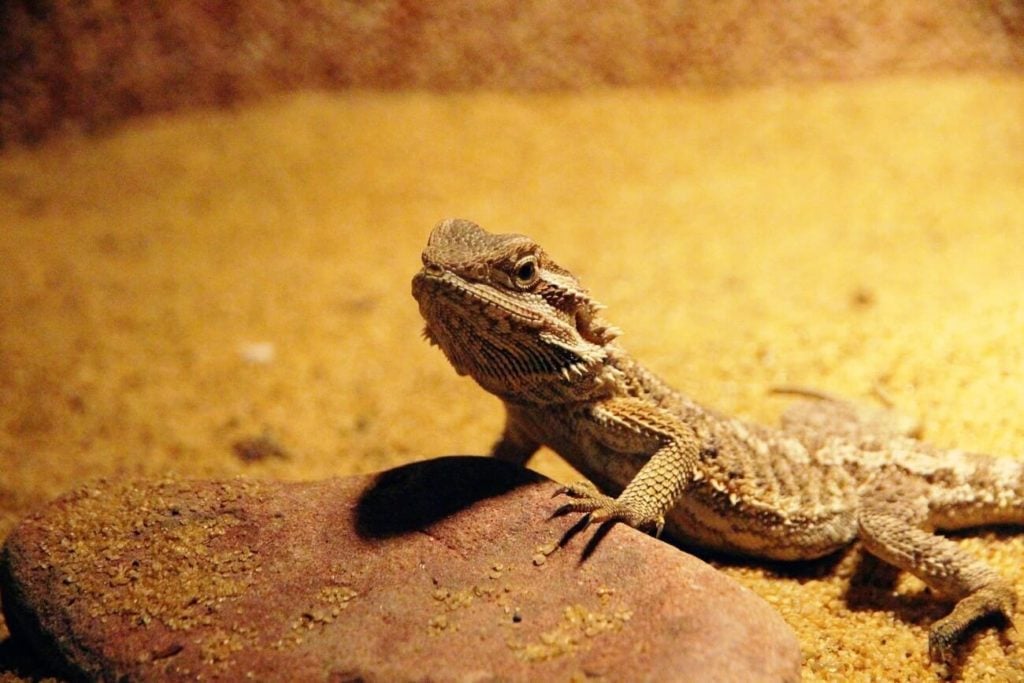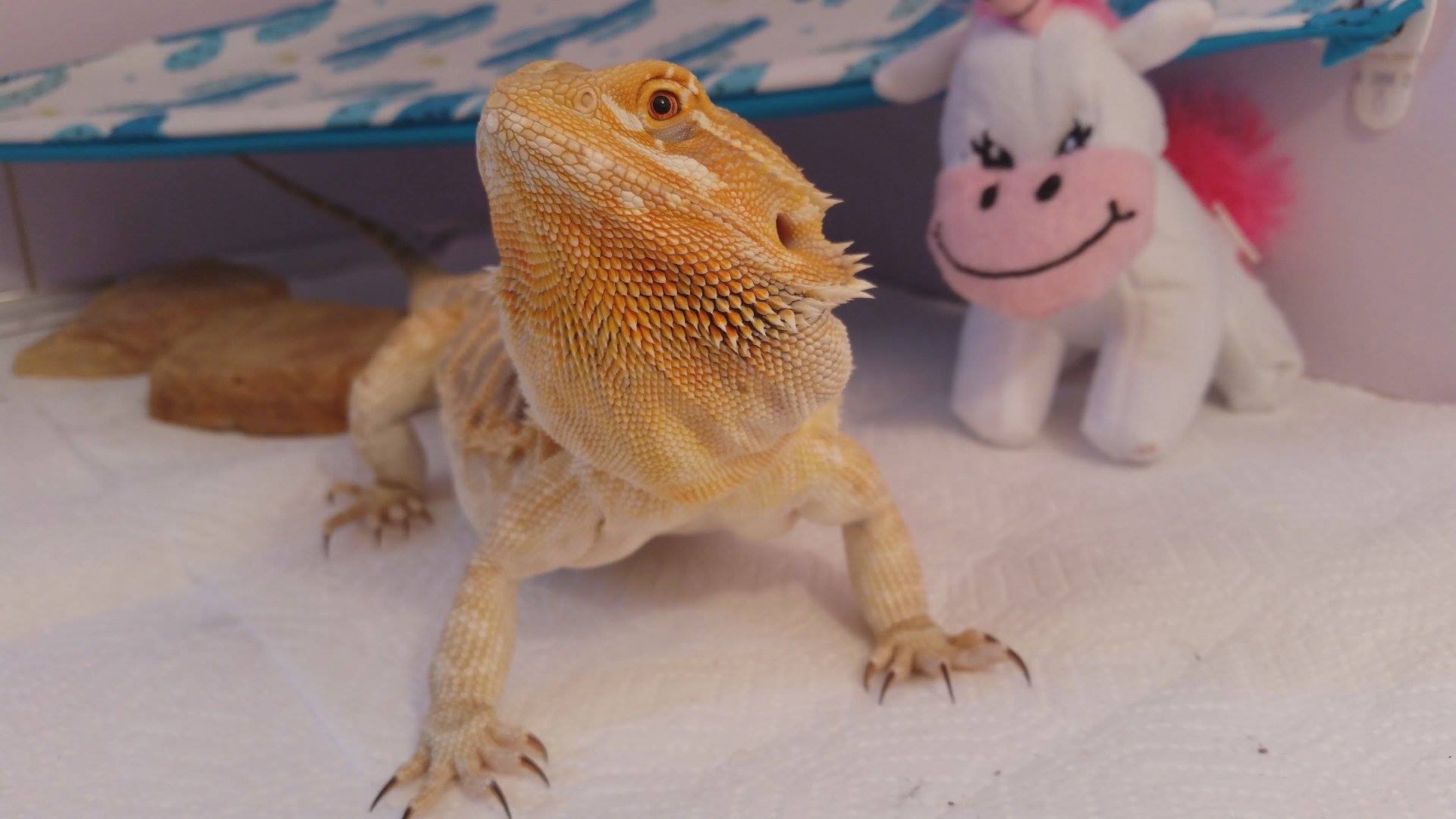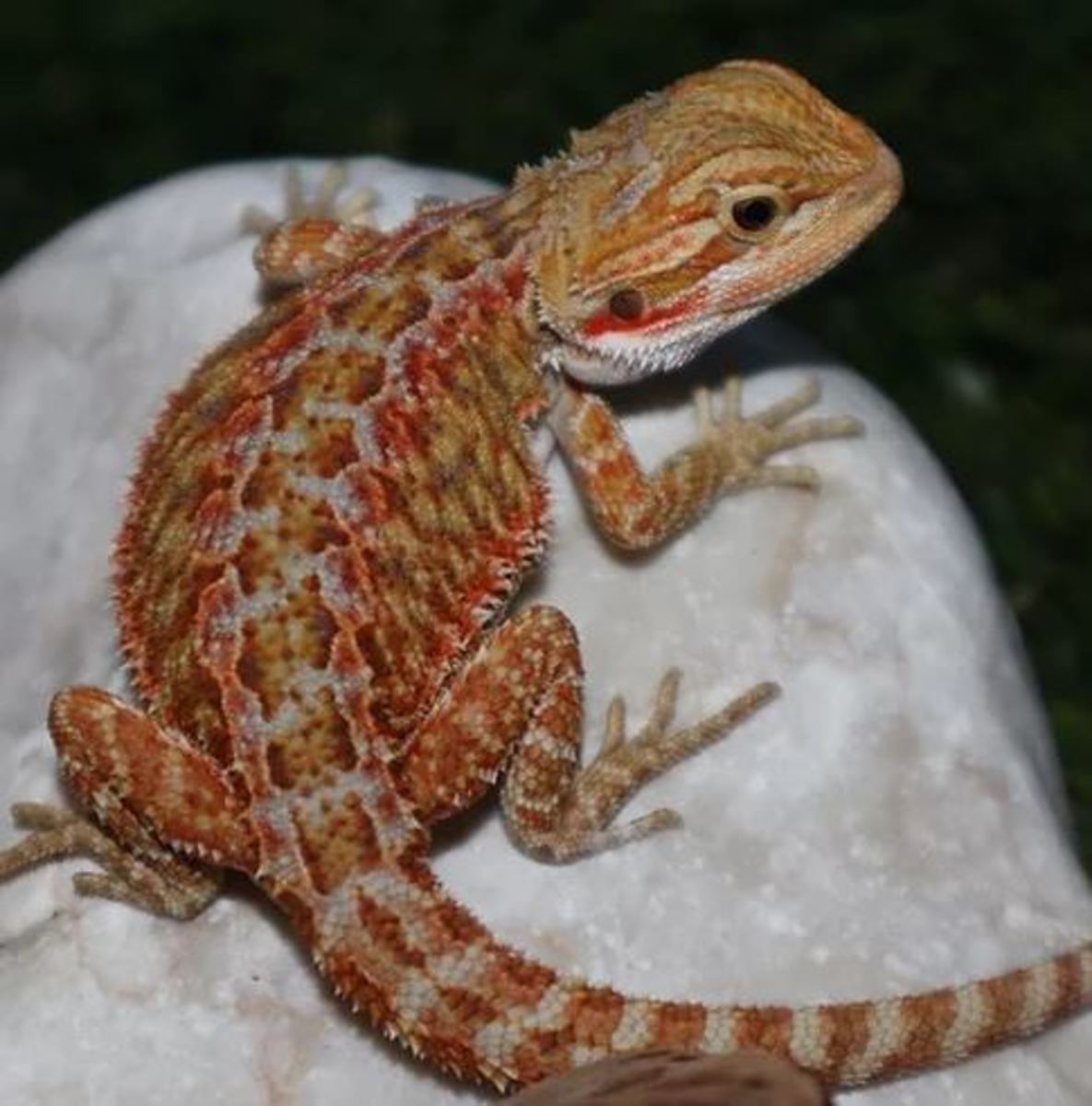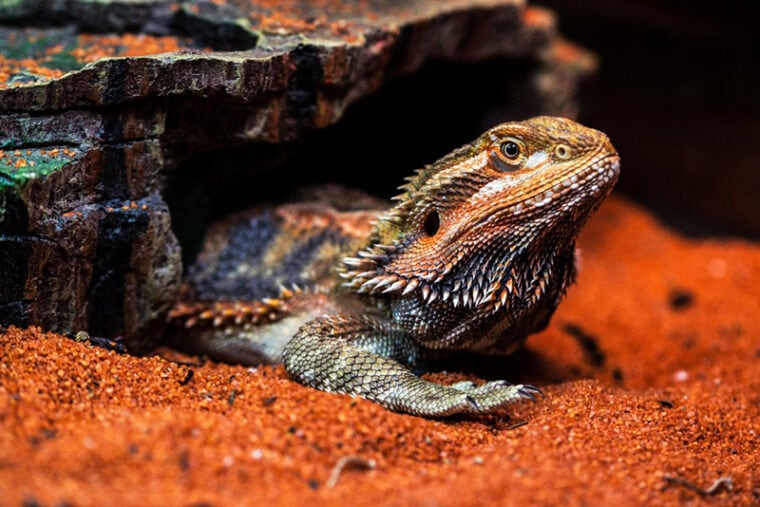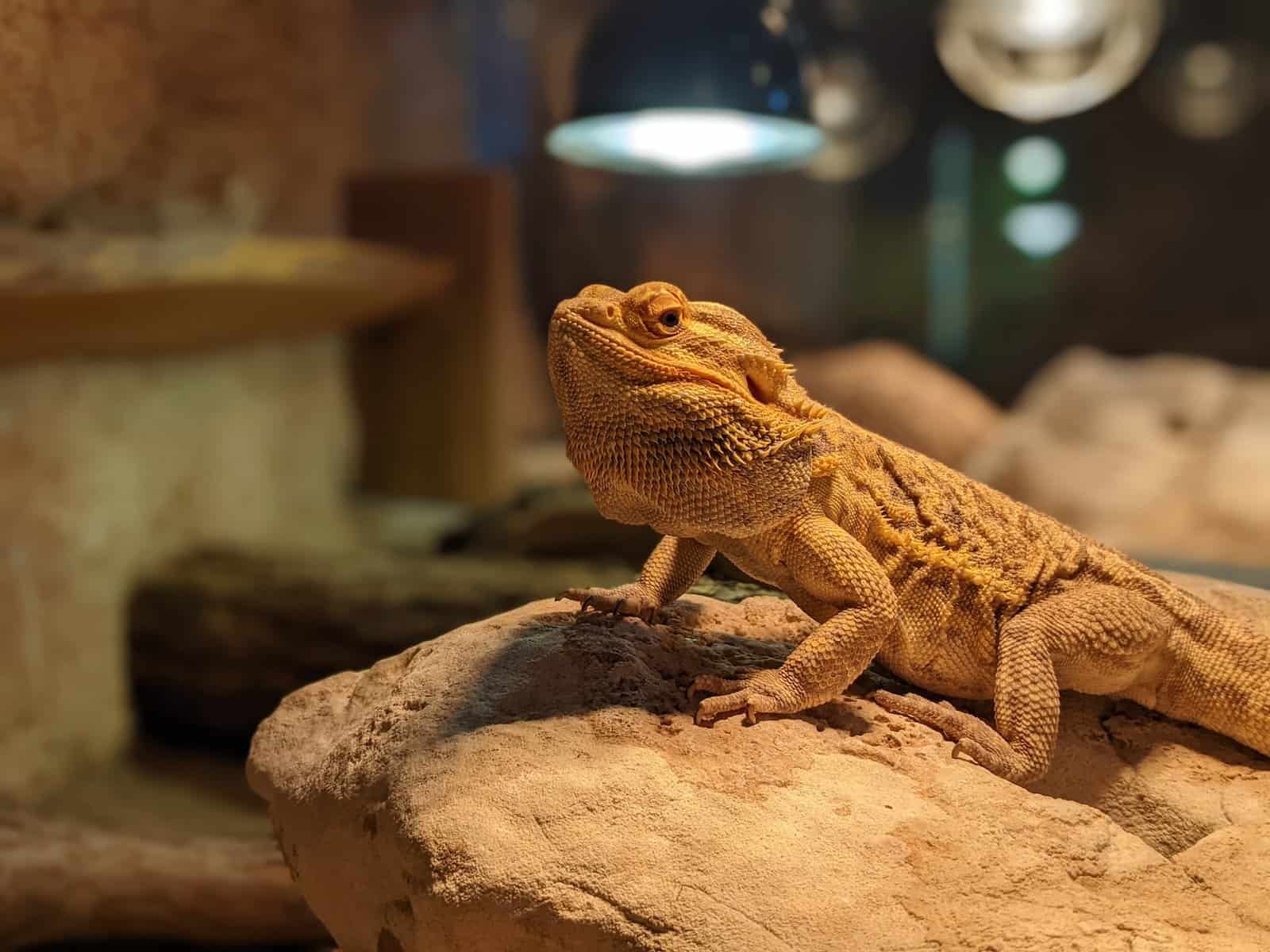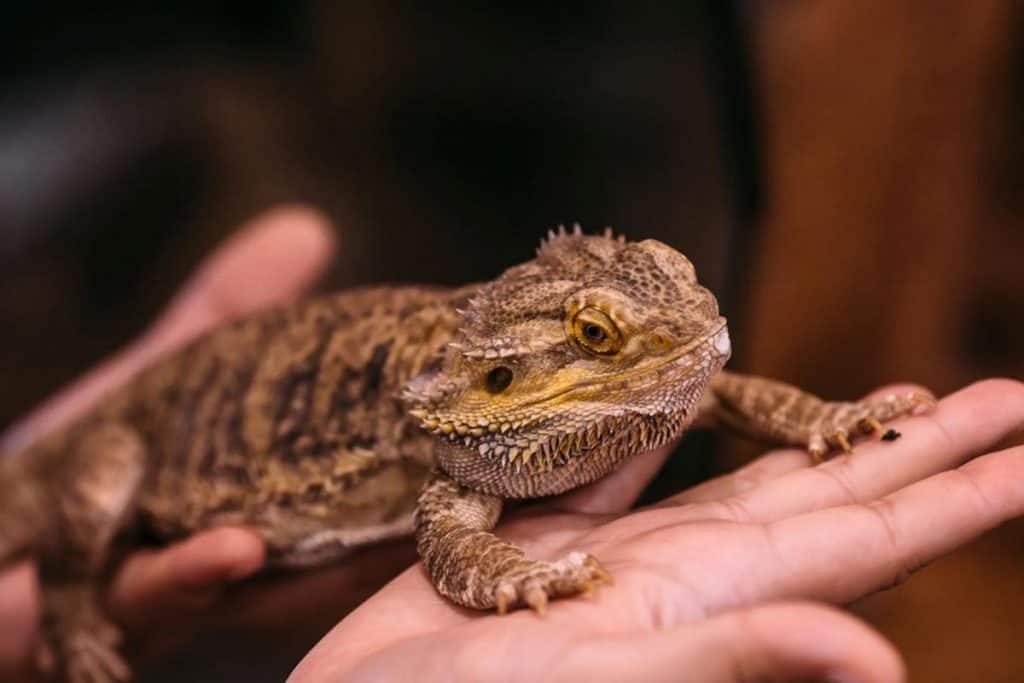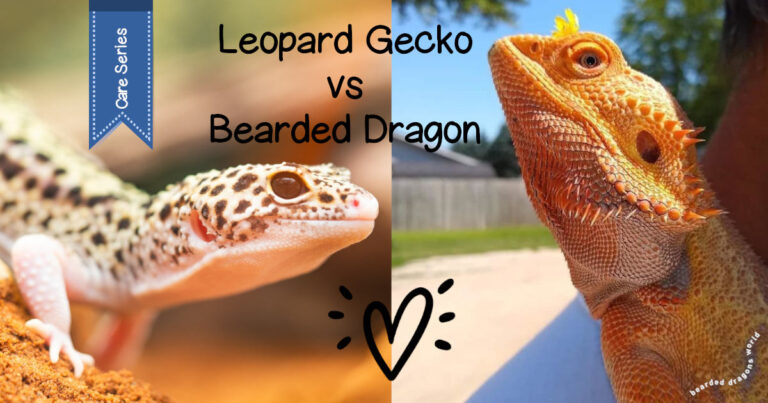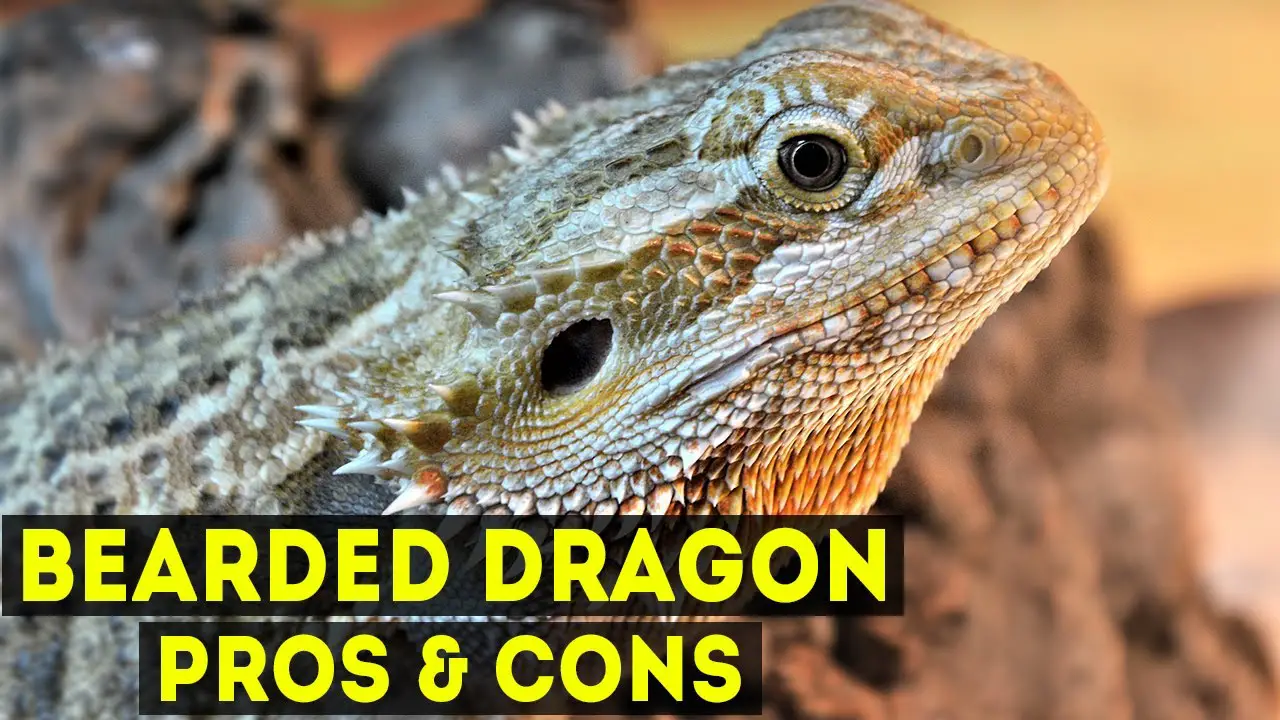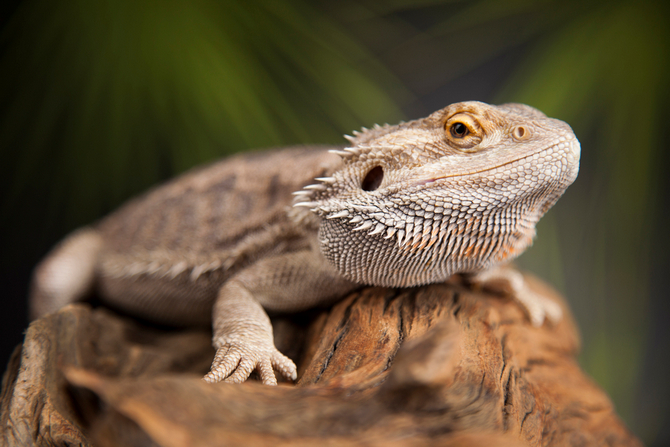Is A Bearded Dragon A Good Pet

Thinking of getting a new pet? A bearded dragon might be on your list, but is it the right choice for you? We break down everything you need to know before bringing one of these reptiles into your home.
Bearded dragons have surged in popularity as pets, yet potential owners need to consider the specific needs and responsibilities involved. This article provides a concise guide to help you decide if a bearded dragon is the right fit, covering key aspects of their care and suitability as companions.
Who Should Consider a Bearded Dragon?
Bearded dragons can be excellent pets for responsible owners. Individuals with the time and resources to dedicate to their specific care requirements will find them rewarding.
Those with some experience in reptile keeping may have a head start. However, beginners can also succeed with thorough research and commitment.
Families with older children who understand gentle handling and respect for animals are often suitable. Supervise young children around bearded dragons always.
What Does Bearded Dragon Ownership Entail?
Owning a bearded dragon involves providing a specific environment. This includes a terrarium, appropriate lighting, temperature control, and a varied diet.
Expect to spend time daily on feeding and monitoring your dragon. Regular cleaning of the enclosure is also essential for their health.
Budget for ongoing costs like UVB bulbs, supplements, and food. Veterinary care for reptiles can also be more expensive than for traditional pets.
Housing: The Right Environment
A minimum 40-gallon breeder tank is required for a juvenile. Adult dragons need a larger enclosure, ideally 75-120 gallons, at a minimum.
UVB lighting is crucial for vitamin D3 synthesis and calcium absorption. Heat lamps maintain appropriate basking temperatures between 95-105°F.
Substrates like reptile carpet or tile are easy to clean. Avoid sand, as it can cause impaction if ingested.
Diet: A Varied Menu
Bearded dragons are omnivores, eating both insects and vegetables. A balanced diet is critical for their health.
Young dragons require more insects, like crickets and dubia roaches. Adults eat more vegetables, such as collard greens, mustard greens, and squash.
Supplement their diet with calcium and vitamin D3 powder. Dust insects and vegetables before feeding.
Handling and Temperament
Bearded dragons are generally docile and handleable with care. Support their body fully and avoid squeezing.
Regular handling can help them become accustomed to human interaction. Monitor their body language for signs of stress.
They can exhibit some personality, such as head bobbing or arm waving. These are usually related to communication.
Where Can You Acquire a Bearded Dragon?
Reputable breeders and reptile rescues are the best sources. Avoid purchasing from individuals with questionable practices.
Consider adoption from a reptile rescue organization. This can provide a loving home for a dragon in need.
Pet stores often carry bearded dragons, but ensure they source them ethically. Inquire about their health and history.
When Should You Get a Bearded Dragon?
Acquire a bearded dragon when you are prepared to meet its needs. This includes having the enclosure set up and understanding their dietary requirements.
Avoid impulse purchases. Research thoroughly before bringing a dragon home.
Consider the time commitment involved. Bearded dragons can live for 5-10 years or more.
Why Choose a Bearded Dragon?
Bearded dragons can be fascinating and rewarding pets. Their docile nature and relatively easy care make them popular.
They can be interactive and develop a bond with their owners. Observing their behaviors is engaging.
However, they are not low-maintenance. Their specific needs must be met for them to thrive.
How to Ensure a Healthy Bearded Dragon?
Regular vet checkups with a reptile veterinarian are essential. This helps detect and address health issues early.
Maintain proper hygiene in their enclosure. Clean regularly to prevent bacterial growth.
Provide appropriate lighting and temperature gradients. These factors are crucial for their overall well-being.
Monitor your bearded dragon's behavior and appetite. Changes can indicate health problems.
Next Steps: Is It Right For You?
Carefully evaluate your lifestyle and resources. Ensure you can provide the necessary care for a bearded dragon.
Research local breeders and reptile rescues. Visit them to learn more about these animals.
If you decide to proceed, be prepared for a long-term commitment. A bearded dragon can be a wonderful companion for the right owner.
